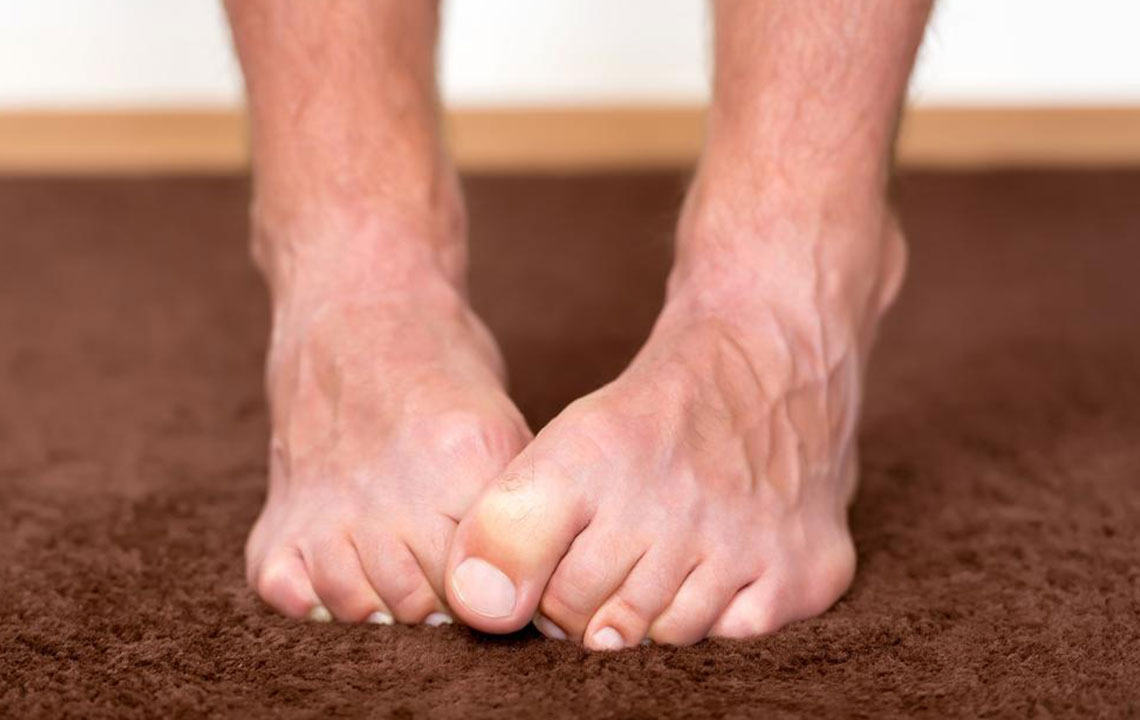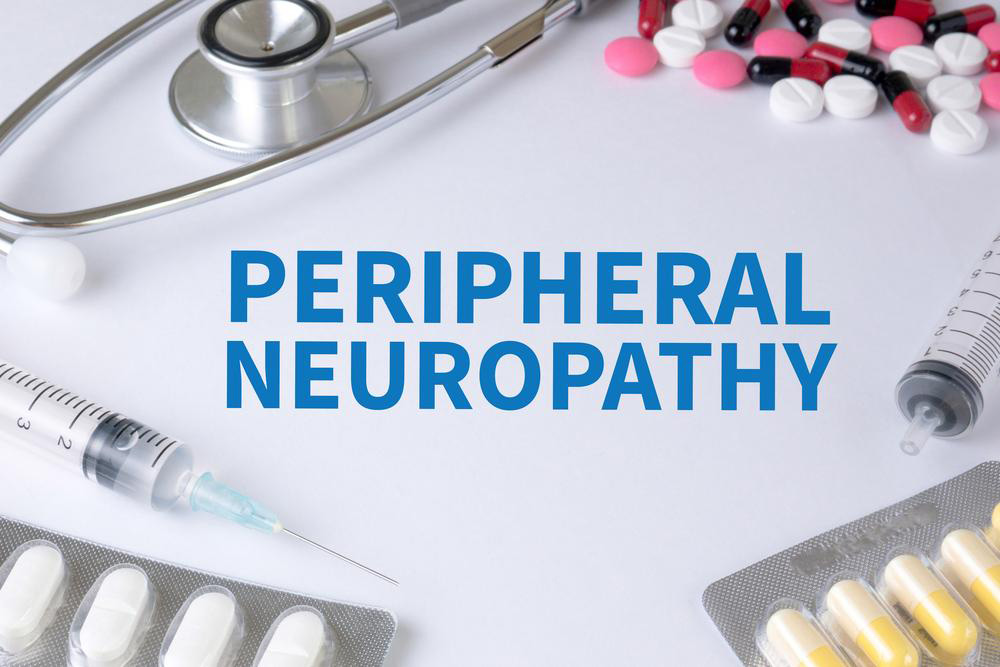Essential Strategies for Managing and Relieving Neuropathy Pain Naturally
This extensive guide explores the causes, symptoms, and management strategies for neuropathy pain. It emphasizes natural remedies, lifestyle adjustments, and medical options to help individuals effectively alleviate nerve discomfort and improve quality of life. Suitable for those suffering from nerve issues seeking holistic and medical approaches.

Essential Strategies for Managing and Relieving Neuropathy Pain Naturally
Neuropathy is a condition that affects the nerves, primarily targeting the peripheral nervous system. Our nervous system consists of two main parts: the central nervous system, which includes the brain and spinal cord, and the peripheral nervous system that connects these central structures to the rest of the body. When the peripheral nerves sustain damage, it leads to neuropathy, a condition characterized by nerve dysfunction that manifests in various symptoms such as pain, numbness, tingling, and weakness.
Understanding neuropathy is crucial because it can severely impact daily life, depending on which nerves are affected and the severity of the nerve damage. This comprehensive guide aims to provide in-depth insights into neuropathy, its causes, symptoms, and effective management strategies, including home remedies, lifestyle modifications, and when to seek professional medical help.
Peripheral nerves are classified into three main categories, each susceptible to neuropathy:
Sensory nerves
These nerves transmit sensations such as touch, temperature, and pain from the skin and other sensory organs to the brain.
Motor nerves
Responsible for controlling voluntary muscles, enabling movements such as walking, gripping, and other physical actions.
Autonomic nerves
These regulate involuntary processes like heart rate, blood pressure, digestion, and other essential functions that operate automatically.
Neuropathy can be classified based on the number of nerves affected: monosymptomatic neuropathy involves damage to a single nerve, while polyneuropathy impacts multiple nerves simultaneously.
The causes of neuropathy are diverse, ranging from genetic factors to acquired conditions. Recognizing the underlying cause is vital for effective treatment and management. Common etiologies include:
Diabetes: The most prevalent cause, where high blood glucose levels damage nerves over time
Kidney disorders that lead to toxin buildup affecting nerve health
Use of certain medications such as antibiotics, antivirals, chemotherapy agents
Chemical imbalances in the body that disrupt nerve function
Cancerous growths or tumors compressing nerves or releasing harmful substances
Blood circulation issues and vascular damage that impair nerve nourishment
Heavy alcohol consumption that directly damages nerve tissues
Physical injuries from accidents or trauma
Hormonal imbalances, such as thyroid or adrenal issues
Deficiencies in vital vitamins, especially B1, B6, B12, E, and niacin, which are essential for nerve health
The symptoms of neuropathy can be categorized based on the nerves involved:
Sensory Neuropathy
Numbness or loss of sensation
Tingling or prickling sensations resembling pins and needles
Burning or stabbing pain, often worsening at night
Balance and coordination difficulties, increasing fall risk
Changes in skin or nail appearance due to nerve dysfunction
Neuropathic pain that may be shooting or burning in character
Motor Neuropathy
Muscle weakness, leading to difficulty in movement or manual tasks
Muscle wasting or atrophy over time
Cramps, twitching, or involuntary movements
In severe cases, paralysis or loss of muscle control
Autonomic Neuropathy
Digestive issues such as bloating, constipation, or diarrhea
Irregular heartbeat or heart rate fluctuations
Reduced or loss of sweating, leading to temperature regulation problems
Heat intolerance and excessive sweating in some areas
Dry eyes, mouth, or skin due to impaired autonomic function
Difficulty swallowing or changes in blood pressure
Addressing neuropathy involves a combination of home remedies, lifestyle changes, and, when necessary, medical interventions. Many patients find relief by adopting natural strategies that support nerve health and reduce symptoms.
Home remedies and lifestyle adjustments include:
Managing blood sugar levels meticulously, especially for diabetics, to prevent further nerve damage
Engaging in regular physical activity like daily walks, which help improve circulation and release endorphins that alleviate pain
Participating in physical therapy to strengthen muscles and reduce weakness and discomfort
Using gentle massage techniques to relieve muscle spasms and improve blood flow
Taking warm baths to relax tense muscles and reduce stress levels
Practicing relaxation techniques such as meditation, biofeedback, or hypnosis to manage involuntary nerve functions and pain perceptions
Quitting smoking to enhance nerve blood supply and overall nerve health
Maintaining a balanced diet rich in fruits, vegetables, nuts, and whole grains to supply essential nutrients that promote nerve repair
Additional treatment options that may complement home remedies include:
Topical therapies like creams, gels, or oils containing capsaicin or lidocaine for localized pain relief
Over-the-counter pain medications such as acetaminophen, aspirin, or ibuprofen for mild to moderate pain
Supplements, especially vitamin B12, B6, and E, which support nerve regeneration and repair
Incorporating these strategies into daily routines, maintaining proper nutrition, and avoiding harmful habits can significantly ease neuropathy symptoms. However, persistent or severe symptoms warrant consultation with healthcare professionals for tailored diagnosis and treatment plans.





